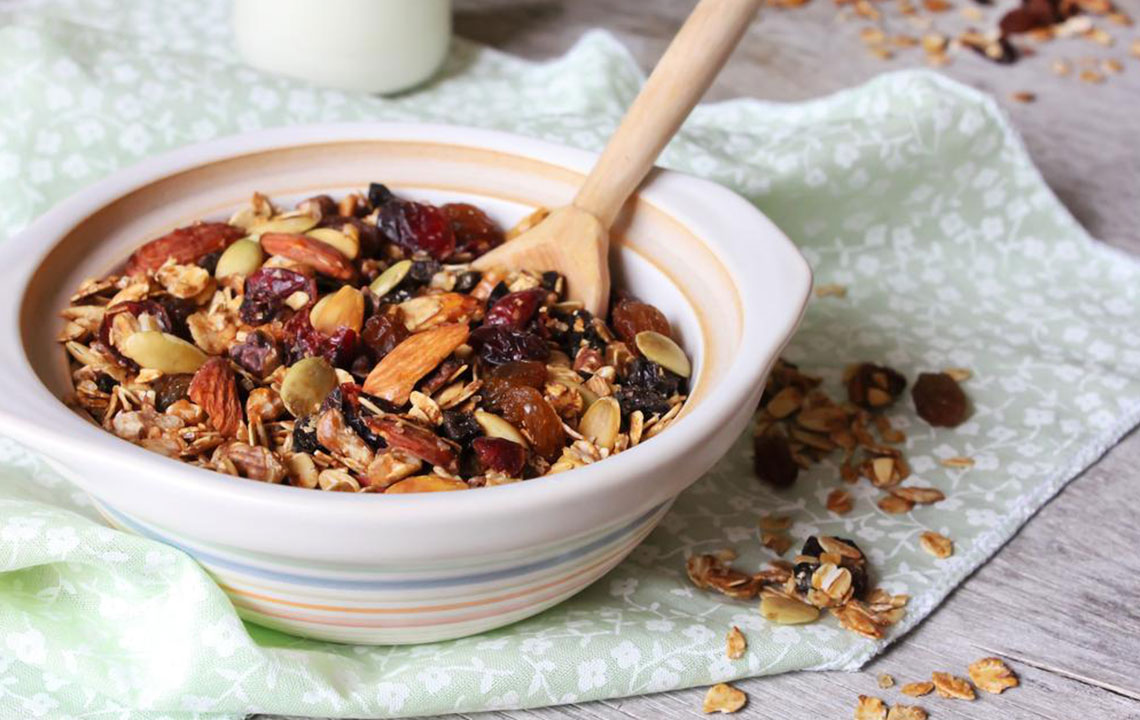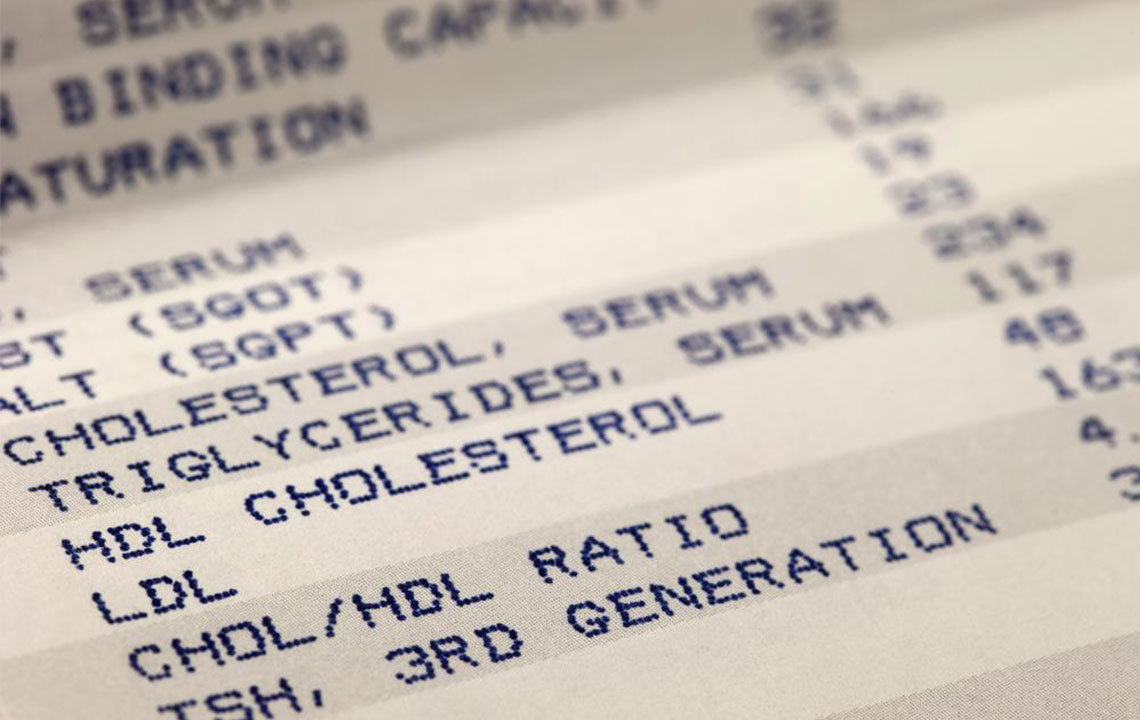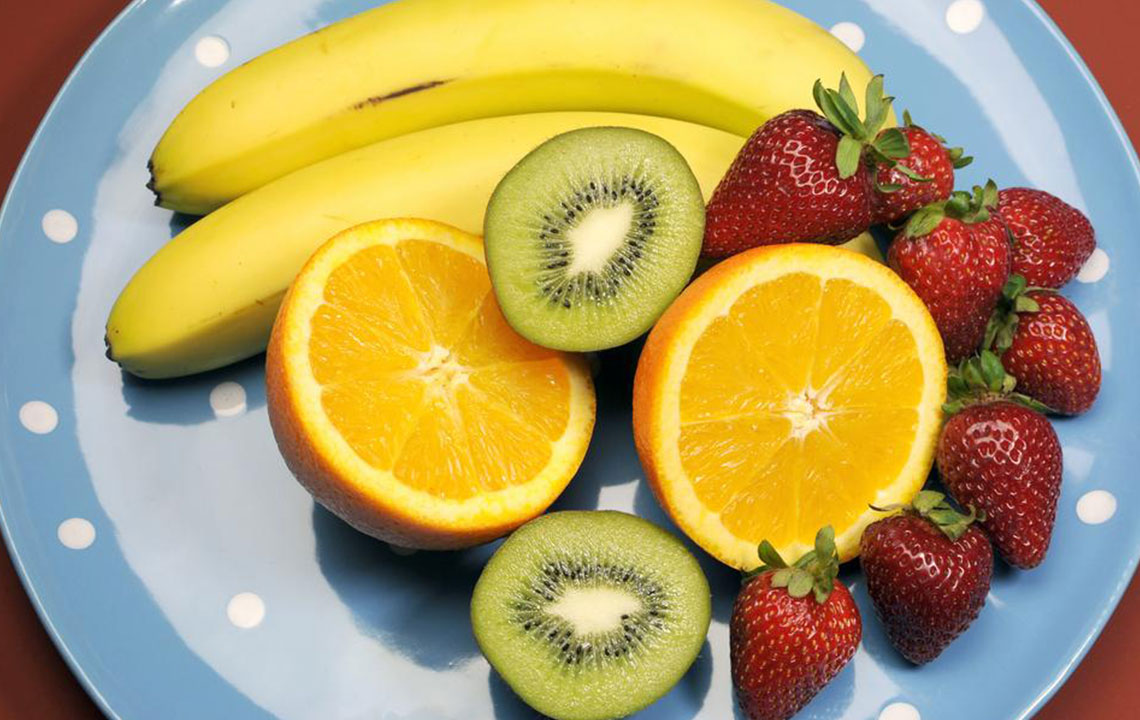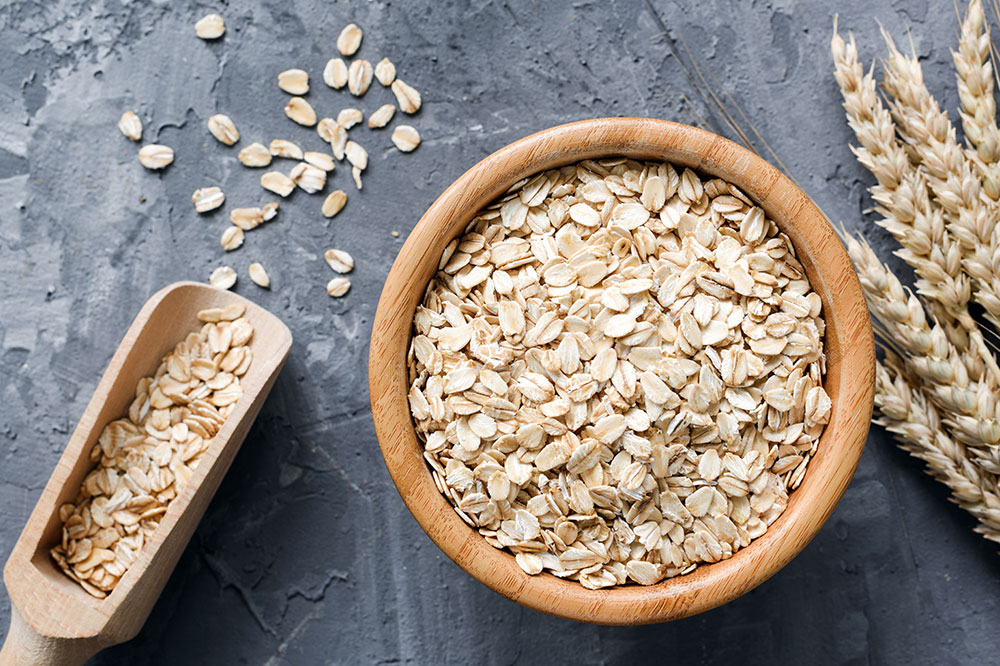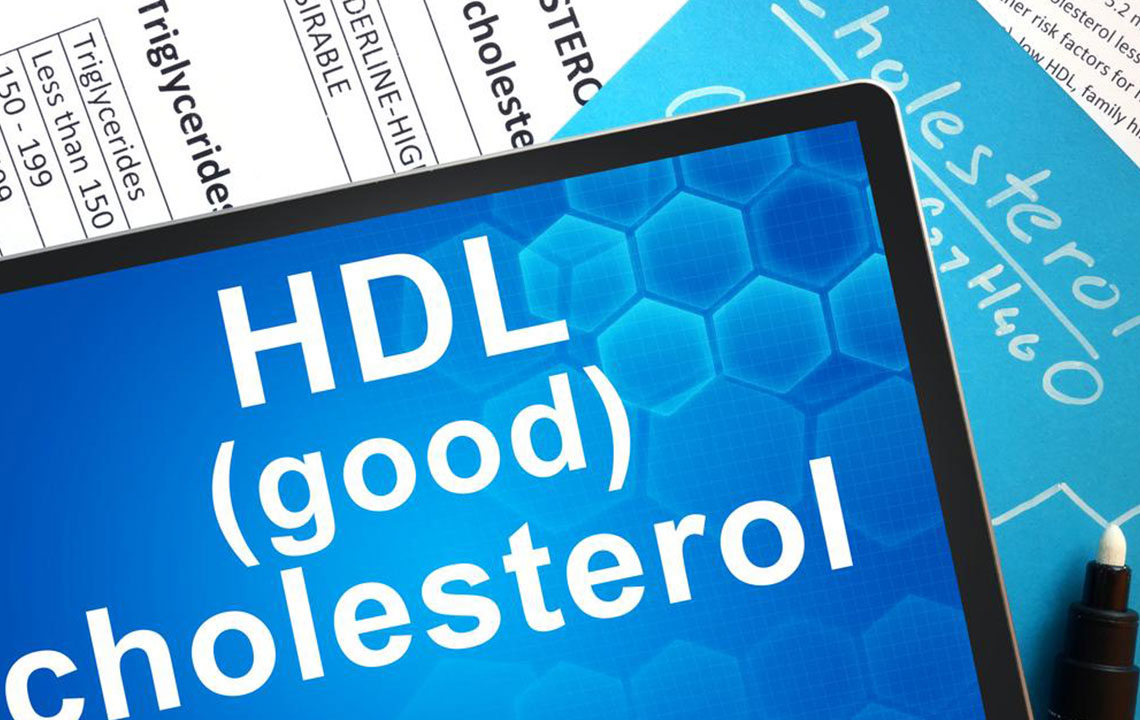Effective Natural Strategies to Lower Cholesterol Levels
Learn effective natural methods to lower cholesterol levels through diet, lifestyle changes, and healthy habits. Incorporate heart-healthy foods like omega-3s, fiber, and soy, while avoiding saturated and trans fats. Regular exercise, weight management, and moderation in alcohol intake can further improve your cholesterol profile, reducing the risk of heart disease and strokes. This holistic approach supports long-term heart health and overall well-being.

Effective Natural Strategies to Lower Cholesterol Levels
Cholesterol, a waxy substance similar to fat, is found in every body cell. It plays a vital role in producing vitamin D, hormones, and aiding digestion.
The body transports cholesterol via low-density lipoproteins (LDL) and high-density lipoproteins (HDL). Maintaining a healthy balance between these is crucial for well-being.
LDL, known as bad cholesterol, can cause artery buildup, leading to blockages and serious health issues like heart attacks and strokes. Conversely, HDL, or good cholesterol, helps remove cholesterol from the bloodstream.
Elevated HDL levels are beneficial as they transport cholesterol to the liver for removal. However, high LDL can lead to plaque buildup in arteries, restricting oxygen flow to the heart and increasing risks of cardiovascular diseases.
Holistic approaches to lowering cholesterol include diet, lifestyle, and medication. Incorporating healthy choices can significantly improve cholesterol levels and overall heart health.
Dietary adjustments play a key role in managing cholesterol. While medications are effective, healthy eating enhances their impact. It’s essential to include foods that help reduce LDL and avoid those that increase it.
Must-include cholesterol-lowering foods include foods rich in omega-3 fatty acids, soluble fiber, and plant-based proteins.
Omega-3 fatty acids found in walnuts, almonds, ground flaxseed, salmon, mackerel, and sardines can boost HDL and decrease triglycerides, while also lowering blood pressure.
Soluble fiber present in oats, fruits, beans, lentils, and vegetables helps reduce LDL cholesterol.
Soya products like soy protein, soy nuts, and soy-based meats are naturally low in saturated fats, promoting better heart health.
Foods to limit or avoid for optimal cholesterol management include saturated fats and trans fats.
Saturated fats found in butter, red meat, full-fat dairy, palm oil, and coconut oil elevate LDL levels. Replacing these with lean meats and healthier cooking methods helps maintain ideal cholesterol levels.
Trans fats in fried foods, baked snacks, and processed treats lower HDL and raise LDL, increasing heart disease risk. Eliminating trans fats from your diet is highly recommended.
Additional lifestyle modifications can further improve cholesterol levels and heart health.
Regular exercise supports weight loss and enhances HDL levels, reducing LDL and decreasing cardiovascular risk.
Moderate alcohol consumption avoids adverse effects like high blood pressure and LDL increase. Excess alcohol should be avoided or minimized.
Weight management through balanced eating, portion control, and physical activity can effectively lower cholesterol levels over time.
Note:
This blog offers a wide range of practical health information. While our research provides valuable insights, it should not replace professional medical advice. We do not take responsibility for discrepancies or errors across other sources. Keep in mind that full benefits may require consulting healthcare professionals about personalized plans or treatments.


